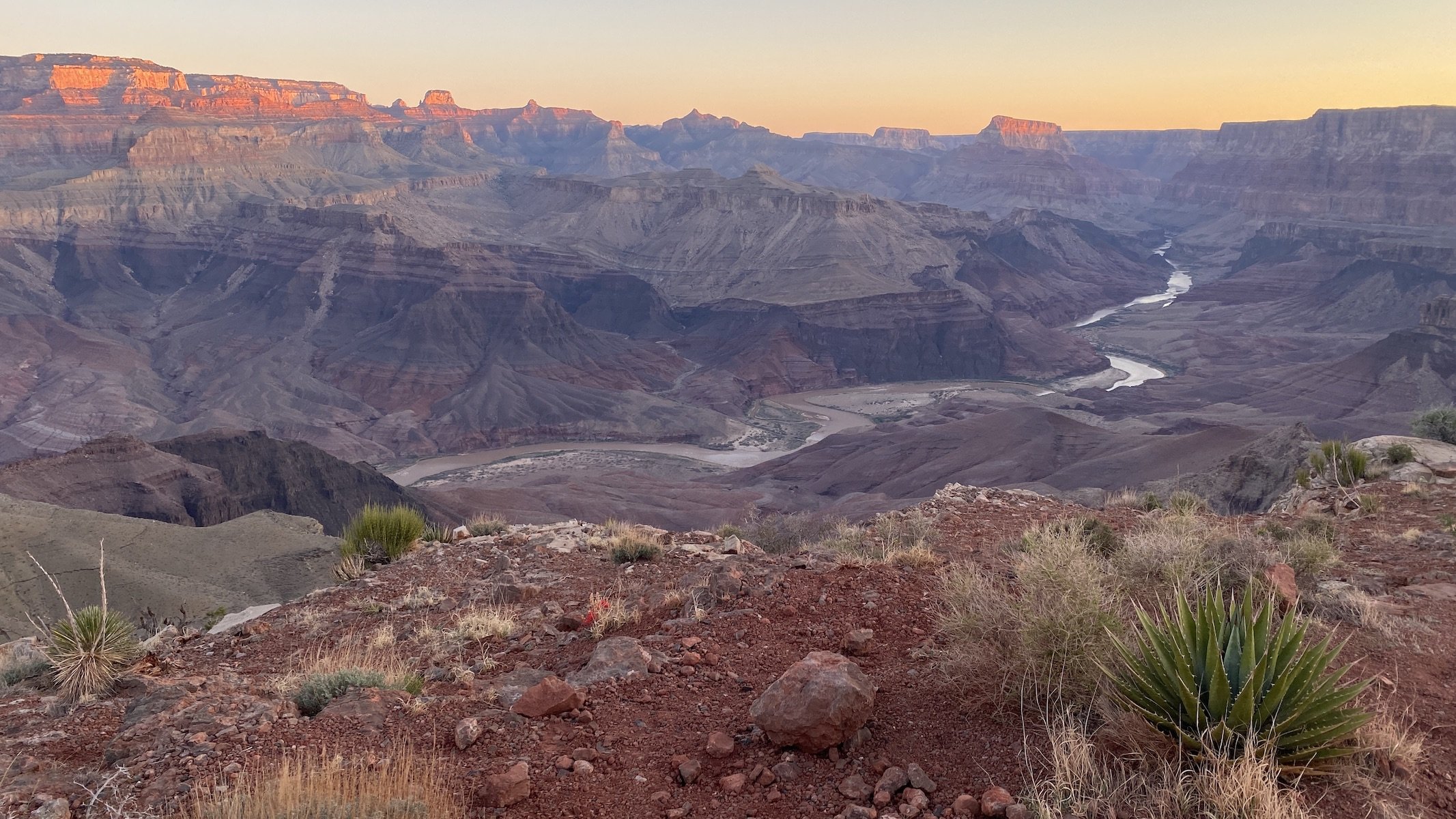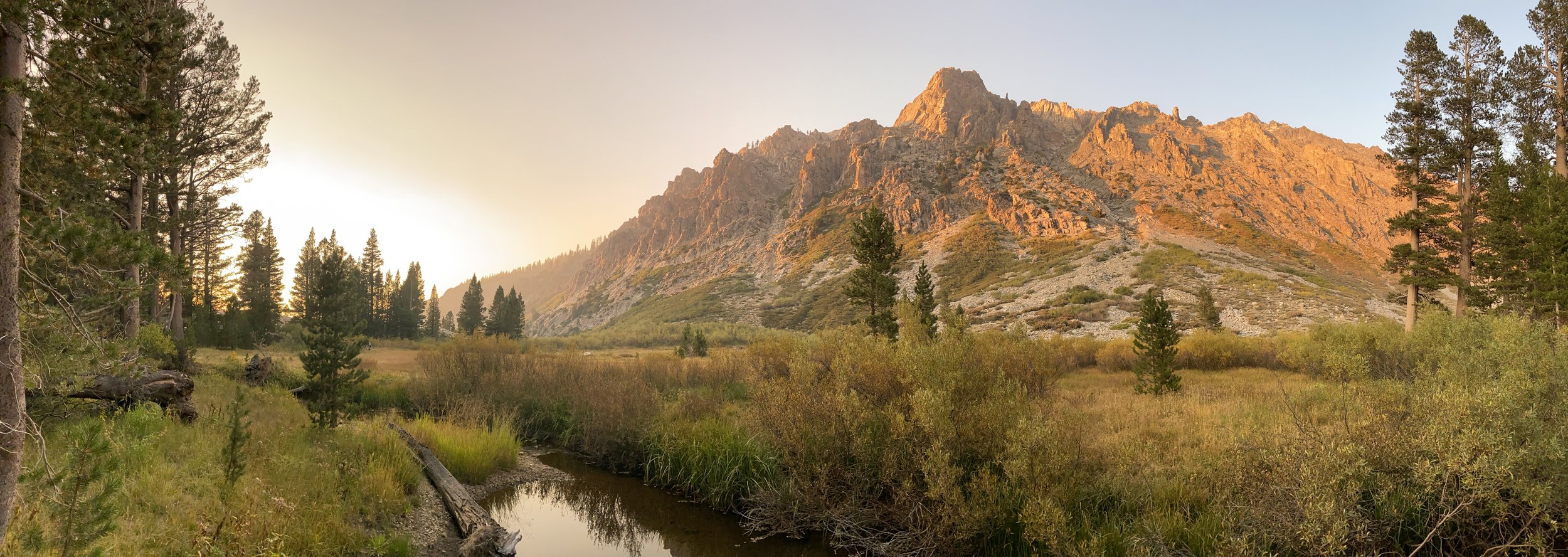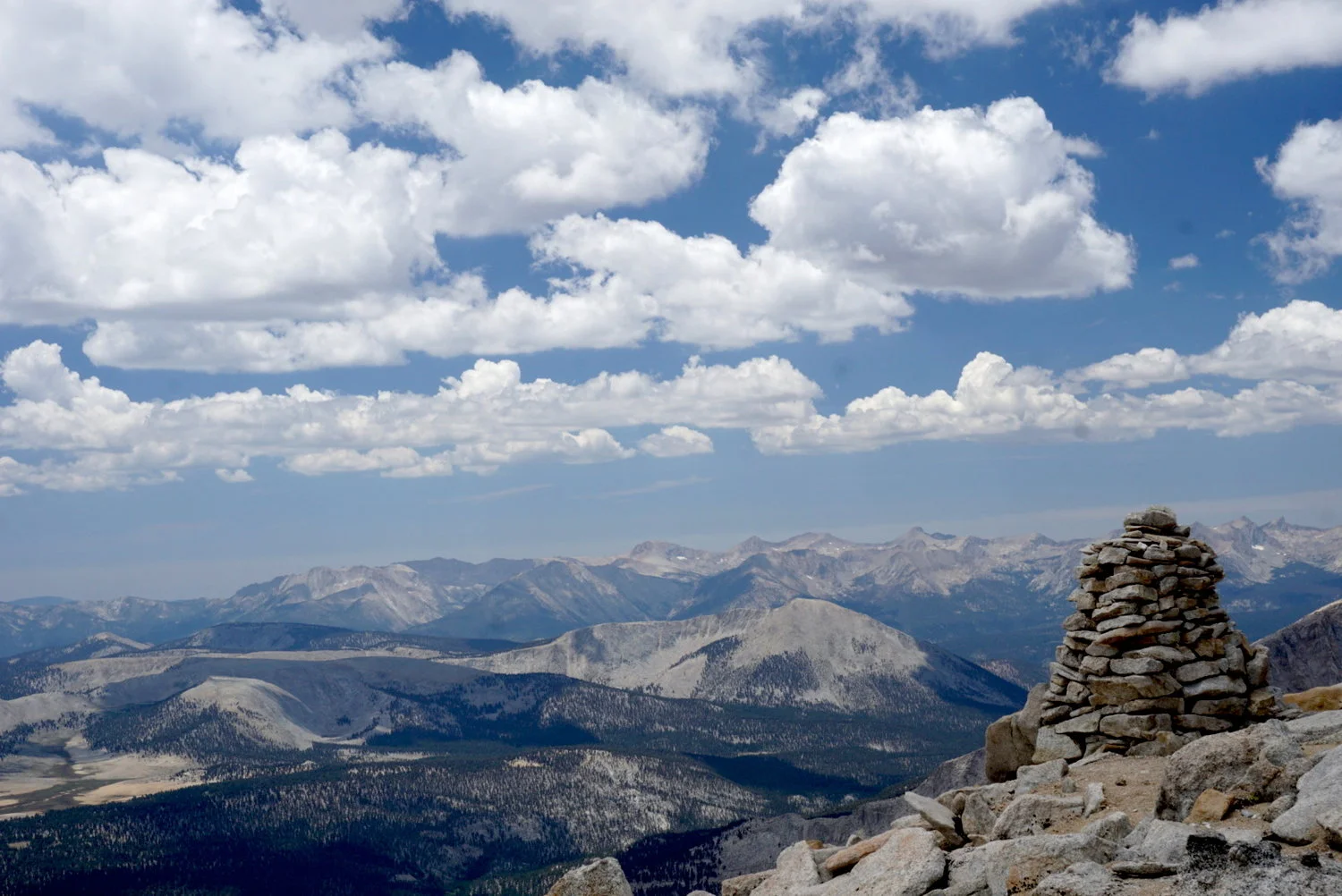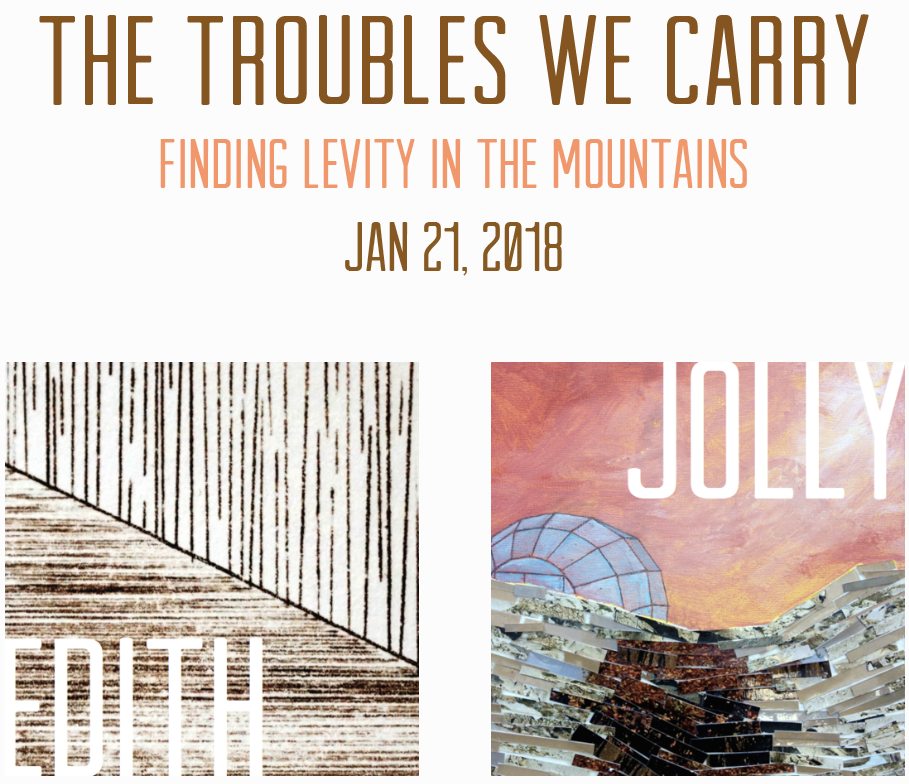TS Eliot wrote his epic masterpiece The Waste Land in 1922 as a eulogy over the death of Old Europe in the wake of the Great War. To Eliot, there was no greater loss than the loss of what gives life meaning -- the collective cultural consciousness of humanity, evidenced in literature, music, art, mythology and history. With the First World War, humanity had undergone a rite of passage from innocence to experience, crossing the point of no return.
If the challenge of Eliot's time was that of a fundamental and irreversible societal metamorphosis evidenced by devolving culture, today we find ourselves at a similar crossroads -- only the stakes are higher. Ours is a battle of existential proportions, where the very survival of our species, and that of the myriad species we rely upon, is no longer a foregone conclusion.
What for Eliot was largely a figurative "waste land" is for us jarringly literal. No era of human existence has seen greater change between what was and what is than the century that has passed since the start of World War I. No period has wreaked more damage upon the only earth we have. And at no prior time have we been armed with knowledge through the democratization of information, and yet been singularly detached, desensitized and apathetic.
On the 100th anniversary of the beginning of World War I (July 28, 1914), this month's show pays homage to TS Eliot by offering modern-era meditations on his grim vision. But where Eliot was effectively hammering the final nail in Humanity's coffin, E+J are not quite ready to pen the obituary of twentyfirst-century culture. Certainly, there is much to despair about. But there is just enough time for our collective sensibilities to be awakened and to turn that waste into creative, restorative energy for an improved future.
Like all past dearantler shows, the title for this show is borrowed from -- and generously tailored around -- an Alfred Hitchock film title: Spellbound.
Detail from The Waste Land II: A Game of Chess
The Waste Land - A Dream Unfolding
Using the poem as a point of departure, Jolly's work offers a wide-format dreamscape comprised of 30 accordion pages that combine printmaking and pen on paper. Filled with stark, monochromatic images representing fleeting thoughts and deep-seated cultural memories, The Waste Land - A Dream Unfolding is both whimsical and macabre. With personalities spanning from Venus de Milo to Houdini, and objects ranging from a shipwreck to a hot air ballon, the piece brings together disparate elements into an imaginary landscape.
As in the poem, water -- or its absence -- is the unifier, flowing over, under and through the many elements portrayed. The work follows the poem's structure in five parts, each one moving into the next seamlessly but for a discreet Roman numeral marking the beginning of each section.
The Waste Land (The Traffic Jam)
The Waste Land - The Burdens of Modernity
Like pages in a book, Edith's series is a collection of abstract images, each representing a different kind of "waste land." Painted in gouache, the images are made up of individually-cut parts are collaged into a unified composition.
The series opens with a title page containing several lines from Eliot's masterpiece:
“What are the roots that clutch, what branches grow
Out of this stony rubbish? Son of man,
You cannot say, or guess, for you know only
A heap of broken images, where the sun beats,
And the dead tree gives no shelter, the cricket no relief,
And the dry stone no sound of water. ”
The collection moves through multiple themes: environmental destruction, the claustrophobia of urbanism, the restraining of human potential and the excess of consumerism, culminating with a cautiously hopeful view of the regenerative ability of humanity and of our planet to draw creative energy from destruction.































